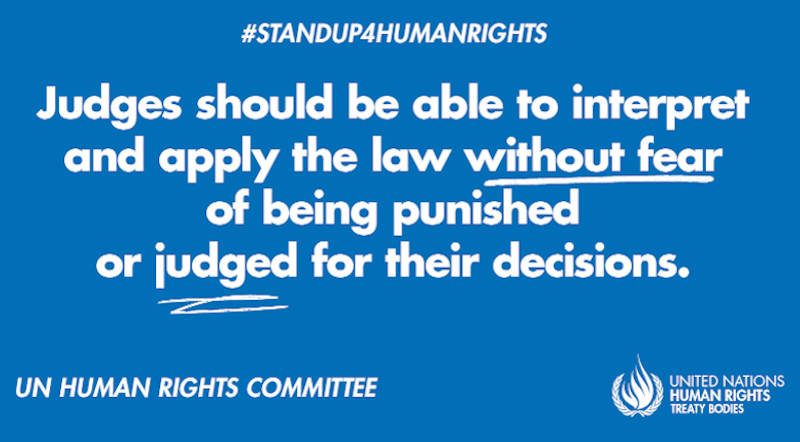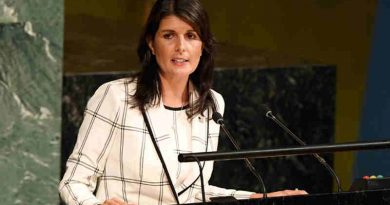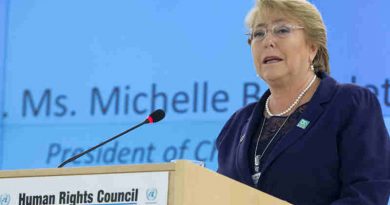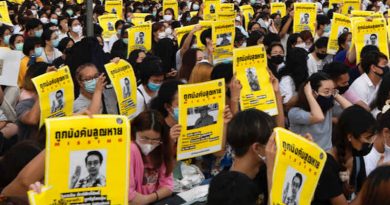Baltasar Garzón Trials Were Arbitrary: UN Committee
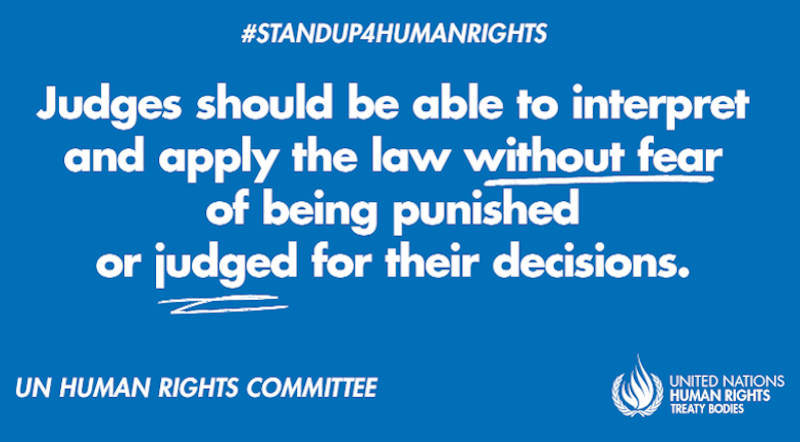
This is the first time that the Committee has ruled and condemned a State for the use of criminal law against a judge.
The trials of former Spanish judge Baltasar Garzón in the Franco and Gürtel cases were arbitrary and did not comply with the principles of judicial independence and impartiality, the UN Human Rights Committee concluded in a decision on August 26.
The Committee concluded that the criminal proceedings against Garzón, in his role as the investigating judge in both cases, were “arbitrary”. In the Franco proceeding, the Committee’s views specify that the decisions of the [former judge] “were at least a plausible legal interpretation, the appropriateness of which was reviewed on appeal, without it being concluded that such decisions constituted misconduct or incompetence that could justify his inability to perform his duties”.
Regarding the Gürtel case, the Committee considered that “the interpretation of [Garzón], which was shared by other judges and the Public Prosecutor, even if, as claimed by the State, it was erroneous, did not constitute serious misconduct or incompetence that could justify his criminal conviction”.
The Committee emphasizes in its decision that, even if Garzón had committed a judicial error, this should have been corrected by a review before a higher court and not through the criminal prosecution of the former judge.
“Article 14.1 of the International Covenant on Civil and Political Rights establishes the right of everyone to be tried by an independent and impartial tribunal. The right to be tried by an independent tribunal includes an implicit guarantee against arbitrary or politically motivated proceedings. In the case of judges, this right takes on special relevance and ensures that they can carry out their judicial duties without undue interference or obstruction, protecting them against arbitrary criminal or disciplinary proceedings”, said Committee member José Santos Pais.
The Committee also concluded that Garzón’s right to be tried by an impartial tribunal was violated, and recalls that some of the Supreme Court judges who tried him intervened in both cases, despite Garzón’s request that they be recused; the trials were conducted simultaneously; the oral trials in the two cases took place five days apart; and the judgements were issued 18 days apart.
The Committee also criticised the fact that Garzón did not have access to a second instance to appeal, given that he was tried on the first and only instance by the Supreme Court, Spain’s highest judicial body.
In the specific case of Gürtel, the Committee underlines that the conviction for wilful abuse of power against Garzón was “arbitrary and unforeseeable” as it was not based on sufficiently explicit, clear and precise legal provisions. Article 15 of the Covenant establishes the principle of legality and predictability, i.e. that no one can be convicted for acts that were not sufficiently explicitly foreseen at the time they were committed.
Former judge of the Spanish National Court Baltasar Garzón was criminally prosecuted and tried in 2012 for his alleged wilful abuse of power in two cases of major political significance at the national level.
In the Franco case, he assumed jurisdiction to investigate enforced disappearances during the Civil War and the dictatorship of General Francisco Franco. In the Gürtel case, he decided to monitor communications between defendants and their representatives to prevent the commission of crimes. Garzón was acquitted in the Franco case, but was convicted of wilful abuse of power in the Gürtel case and disbarred from office for 11 years.
In 2016, Garzón filed a complaint against Spain before the UN Human Rights Committee (the body charged with monitoring signatory States’ compliance with the International Covenant on Civil and Political Rights) alleging that he was a victim of multiple violations of his human rights during these two trials.
This is the first time that the Committee has ruled and condemned a State for the use of criminal law against a judge in the course of his or her duties, thus establishing new jurisprudence.
“Judges should be able to interpret and apply the law without fear of being punished or judged for the content of their decisions. This is essential to preserve judicial independence,” Mr. Santos Pais concluded.
The Human Rights Committee monitors States parties’ adherence to the International Covenant on Civil and Political Rights, which to date has been ratified by 173 States parties.
The Committee is made up of 18 members who are independent human rights experts drawn from around the world, and who serve in their personal capacity and not as representatives of States parties.
The Optional Protocol to the International Covenant on Civil and Political Rights allows individuals to file complaints against the 116 States parties to the Optional Protocol for violations of their rights enshrined in the Covenant.
The Optional Protocol imposes on States parties the international legal obligation to comply in good faith with the Committee’s views. More information on the Complaints Procedures is available online.

